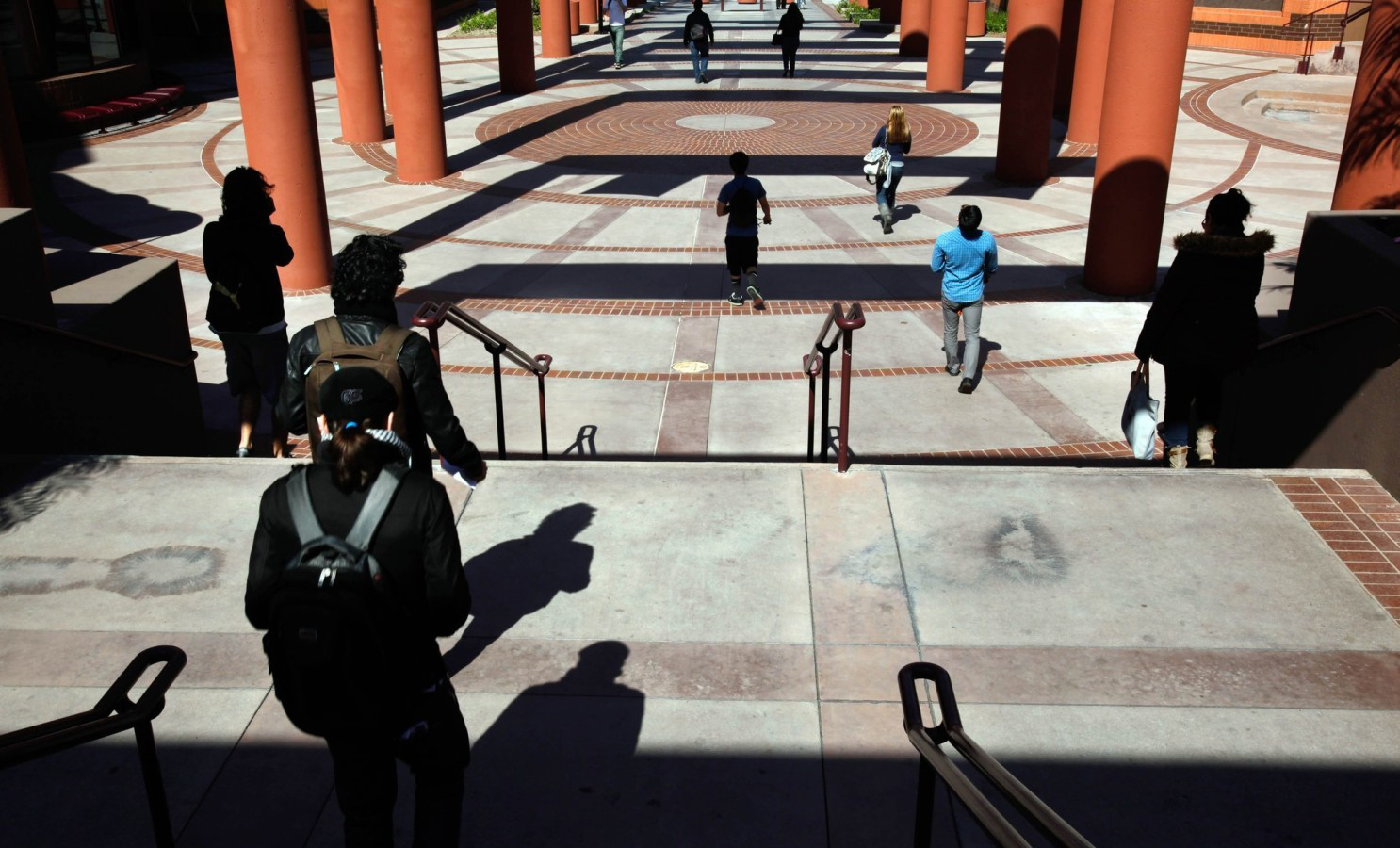In this study, the author examines how minoritized first-generation college students’ participation in a recruitment and retention program at a small, rural, predominantly White college impacted their success. Several factors affecting their lived experiences are highlighted, including peer influences, institutional conditions, and the sociopolitical climate. Focus groups provide qualitative insight into how participants cultivated community cultural assets during challenging circumstances to persist and graduate. Their post-graduation lives are explored, and the significance of their experiences is shown in relation to their career and life outcomes.
scholarly articles
Using the Cultural Wealth Framework to Examine How Institutional Conditions Impact Minoritized First-Generation College Students’ Success and Life Outcomes
Related Stories

Data, Assessment, & Evaluation
Staff Perceptions of First-in-Family Students in Higher Education: A Case Study of a Belgian College

Access and Persistence
“I Wasn’t Supposed to Be There”: Examining the Experiences of First-Generation Women of Color in Undergraduate STEM Majors

Data, Assessment, & Evaluation
